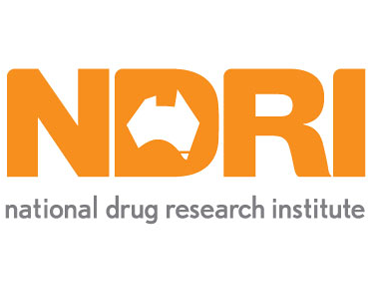WHO Releases Treatment Guideline for Tobacco Cessation
World Health Organisation releases treatment guideline for tobacco cessation in adults
The World Health Organization has released their comprehensive set of tobacco cessation intervention recommendations, including behavioural support delivered by health-care providers, digital cessation interventions and pharmacological treatments in a first-ever guideline on tobacco cessation.
The guideline focuses on helping the more than 750 million tobacco users who want to quit all forms of tobacco. The recommendations are relevant for all adults seeking to quit various tobacco products, including cigarettes, waterpipes, smokeless tobacco products, cigars, roll-your-own tobacco, and heated tobacco products (HTPs).
WHO recommends varenicline, Nicotine Replacement Therapy (NRT), bupropion, and cytisine as effective treatments for tobacco cessation as well as behavioural interventions, including brief health worker counselling (30 seconds to 3 minutes) offered routinely in health-care settings, alongside more intensive behavioural support (individual, group, or phone counselling) for interested users. Additionally, digital interventions such as text messaging, smartphone apps, and internet programmes can be used as adjuncts or self-management tools.
Sector News and Events

FYI E-Newsletter February 2026
In the February edition of FYI, WANADA’s monthly e-newsletter, we highlight major sector events and initiatives, including the Aboriginal Alcohol and Other Drug Worker Forum 2026 and insights from t

National Drug Research Institute – Western Australian Drug Trends (IDRS and EDRS) 2025 Seminar
The National Drug Research Institute Perth Drug Trends team is holding a seminar, presenting key findings from the 2025 Western Australian Drug Trends interviews, drawn from the Illicit Drug Reportin

Regional, Rural and Remote Managers Share Insights
Regional alcohol and other drug service managers shared valuable insight into the specialist alcohol and other drug workforce at the recent Regional, Rural and Remote Managers’ Forum.

Annual General Meeting and Alcohol and Other Drug Sector Forum/ WANADA Welcomes Our 2025–26 Board of Directors
WANADA is pleased to welcome its 2025–26 Board of Directors, following the recent Board Election and Annual General Meeting.